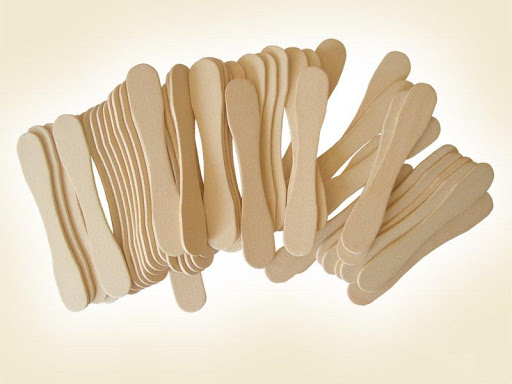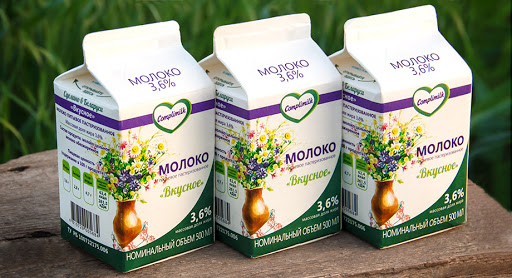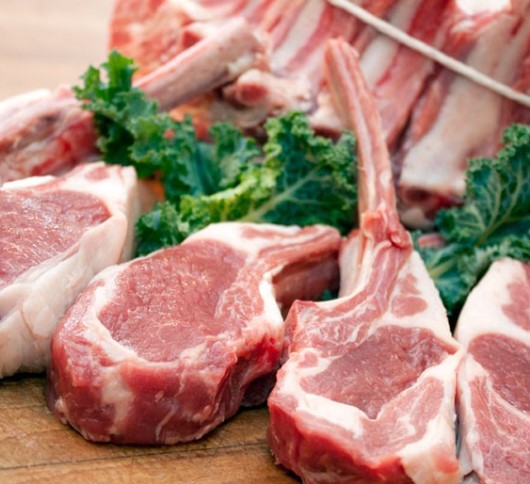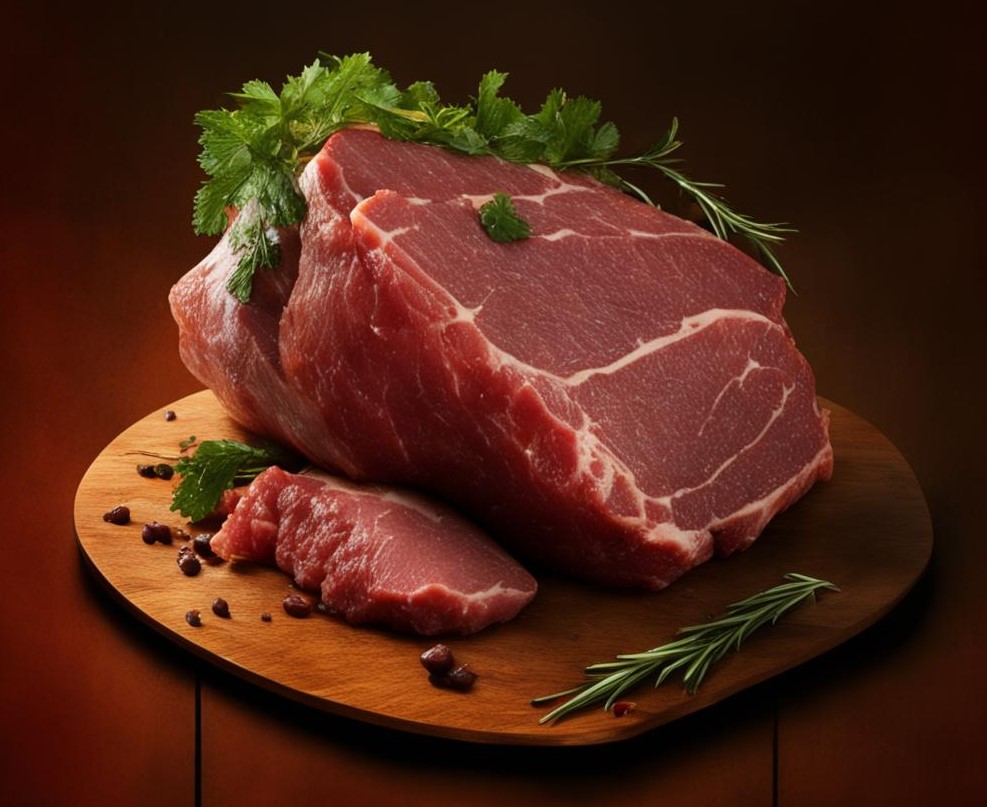Bloomberg learned about US concerns about Russia's place in the fertilizer market
The Russian special operation in Ukraine has revealed the role of fertilizers as a “strategic lever of global influence”, which is currently controlled by Russia and China, writes BLOOMBERG.
The agency recalls that after the start of the Russian special operation, global trade chains have changed, which provoked food shortages in some of the least wealthy countries, as well as their massive purchases in the West. “It has pushed fertilizer — and those who control it — to the forefront of the political agenda around the world: The US State Department is building its fertilizer expertise, presidents are tweeting about it, they’re campaigning and they’re becoming the focus of attention.” , the authors of the article point out.
Bloomberg notes that the US and other Western countries are seriously concerned about the role of Russia, China and Belarus as the world's main suppliers of fertilizers to world markets. According to agency analysts, China produces 31.9 million tons of nitrogen and 6.1 million tons of potassium, Russia - 11.2 million tons of nitrogen and 9.5 million tons of potassium, and Belarus - 1 million tons of nitrogen and 7.6 million tons potassium. At the same time, the US is in fourth place in the list of global fertilizer producers with 13.3 million tons of nitrogen and 369 thousand tons of potassium.
While fertilizer prices have fallen more than 50% from last year's peak, Bloomberg Intelligence analyst Alexis Maxwell pointed out that farmers in Southeast Asia and Africa remain more vulnerable than their counterparts in North America, China or India.
“About 20% of Malawi's population is predicted to face severe food insecurity during the 'lean season' until March. <...> It is one of 48 countries in Africa, Asia and Latin America that the International Monetary Fund has identified as the countries most at risk due to a sharp increase in food and fertilizer prices,” the article says.
UN data showed a 70% increase in Russia's income from fertilizer exports Business
The West has not imposed direct restrictions on the supply of fertilizers from Russia, but Russian authorities insist that sanctions against the country have led to supply problems. The removal of restrictions on the EXPORT of fertilizers and various agricultural products became part of the grain deal between Moscow, Kyiv, Ankara and the UN. The parties signed the agreement in July, but it is only partially implemented - with regard to the export of Ukrainian grain, Russia has repeatedly stated.
Read pioneerprodukt.by Housing prices are falling around the world. What does this mean for the economy Morning or evening: when is the best time to exercise Relocation to Armenia:By the end of December, about 600 ships with agricultural products left Ukraine, the Turkish Ministry of Transport reported. At the same time, only one ship with Russian fertilizers was sent to Africa from the Netherlands. Despite this, Russia's income from fertilizer exports in the first ten months of last year increased by 70%, to $16.7 billion, compared with the same period in 2021, according to UN data.
According to the UN foreign trade database, the statistical authorities of China, India, and the United States, in 2022, Russian fertilizer exporters increased their sales revenues around the world by several times. Thus, Brazil’s imports of Russian fertilizers in monetary terms increased 2.5 times in January-August 2022 compared to the same period a year earlier, to almost $4.9 billion. India’s imports in January-October increased by 578%, to $2. .2 billion (a year earlier - only $325 million). Deliveries to the United States over the same period increased by 41% to $1.36 billion. At the same time, export earnings increased due to the growth of world prices for fertilizers, while physical volumes could not grow. For example, in January-October, the import of Russian fertilizers to China decreased to 1.88 million tons compared to 2.38 million tons for the same period in 2021, according to the data of the General Administration of Customs of China.




















































